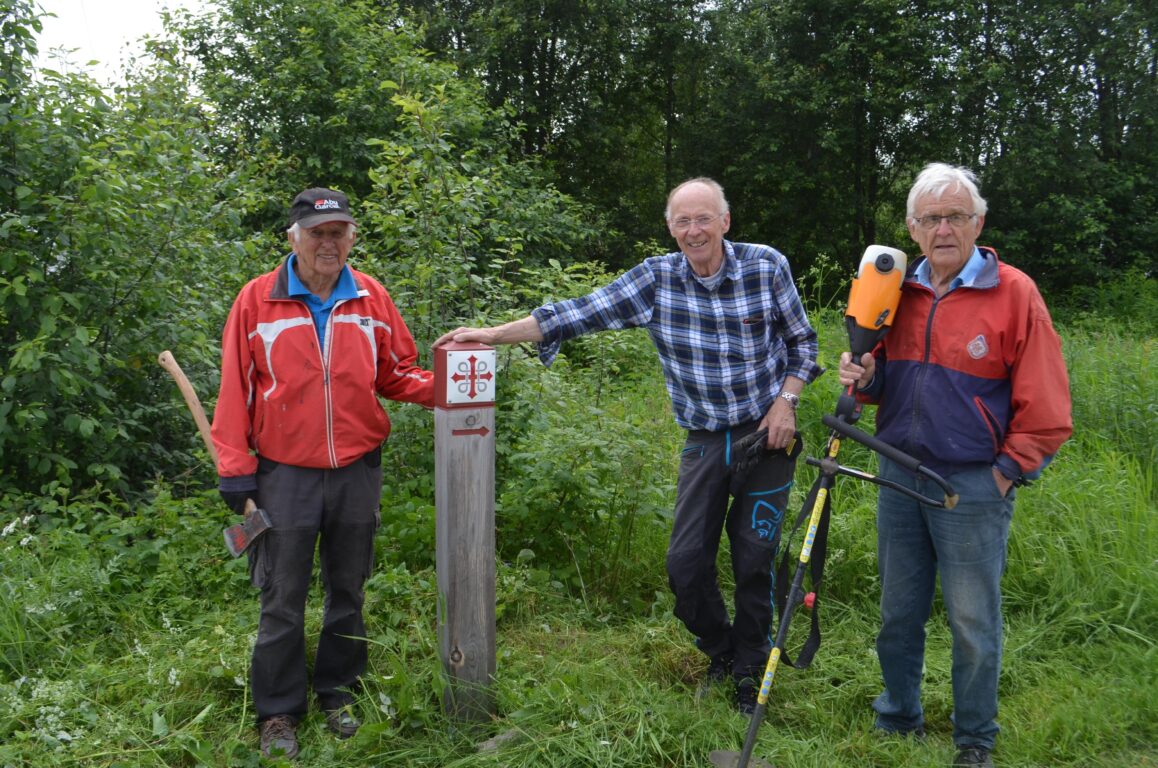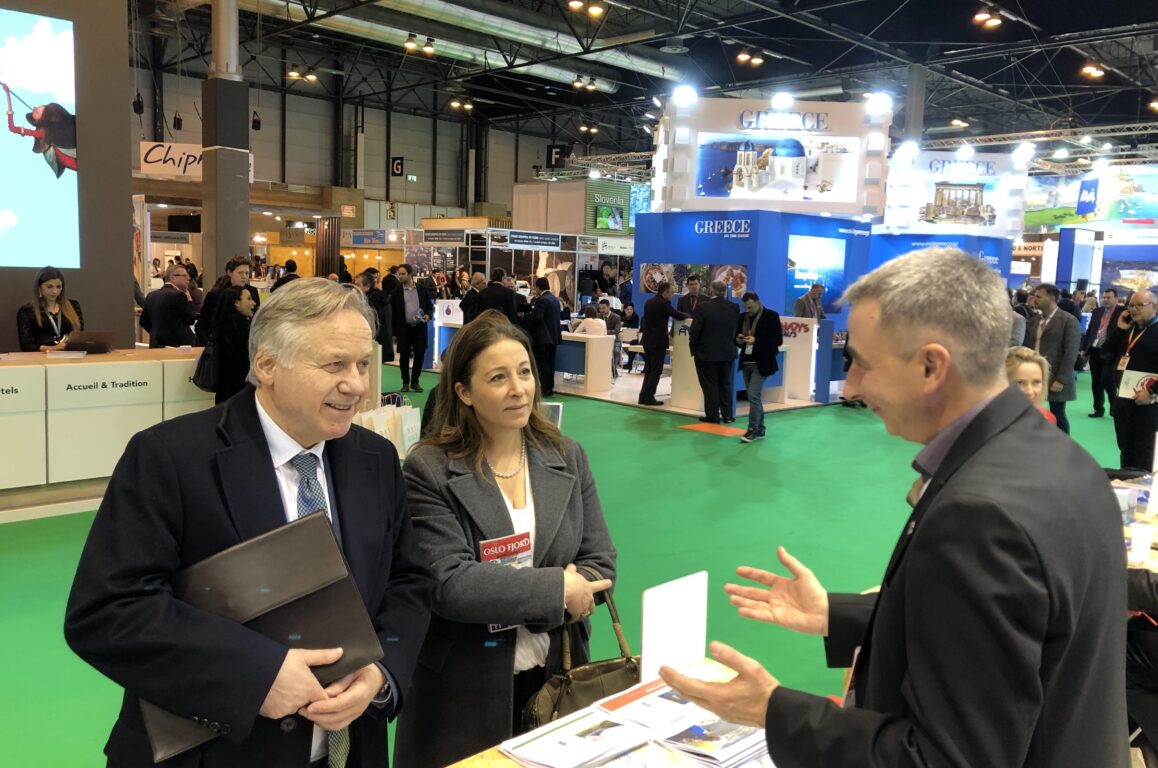Regional Pilgrim Centers
There are 12 regional pilgrimage centers in Norway. Pilgrims are welcome to contact the centers before or during the pilgrimage, to seek advice about the local area and walking conditions.
Pilgrim centers
There is no regional pilgrim center on Valldalsleden. For more information about Valldalsleden, contact Fjordhagen AS in Valldal: torerik@fjordhagen.com.
Alternatively, contact the National Pilgrim Centre
What do they do?
The regional pilgrim centres work in many areas. Networking and cooperating with the local businesses is one of their main tasks. Cooperating with the municipality , churches, county municipalities, voluntary teams and organizations, museums and more, is also part of their job in order to develop a sustainable tourism in their area and an economic growth based in culture and nature. With a large network of key partners, they facilitate good experiences along St. Olav ways, The Pilgrim Paths to Trondheim. The work by the regional pilgrim centres is coordinated by National Pilgrim Center


Good cooperation is the key
